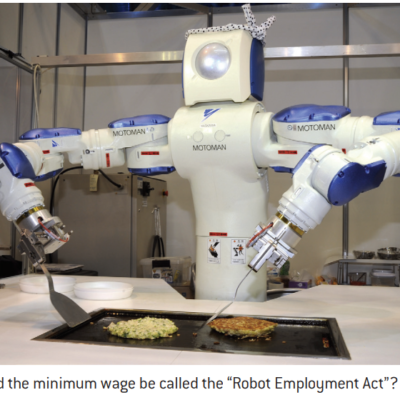(RNS) — Magisterium AI exists to allow anyone who is interested find the correct teachings of the Catholic Church.
Except it doesn’t. At least not always.
Launched in 2023 by Canadian entrepreneur Matthew Harvey Sanders’ privately held company Longbeard, Magisterium AI promises to be the “World’s #1 answer engine for the Catholic Church,” according to its website. (“Magisterium” is the Latin term for both the church’s authority to teach and the body of teaching itself.) It has an accompanying platform for school and parish use.
It is complemented by Vulgate AI, a platform that draws from academic libraries: Alexandria, which digitizes the church’s historical collections (“Preserving and universalizing knowledge”), and Ephrem, a yet-to-be-launched specialized language model that will offer “responses deeply rooted in Catholic doctrine and values.” (Another site in the Longbeard family, Christendom, curates Catholic influencer videos.)
In theory, all of these services are fabulous. But, as a front-page headline in The New York Times pointed out recently, “New Chatbots, Forged in Bias, Tangle What Is Fact or Fiction.” Or, as a journalist commented at a conference not long ago, “garbage in, garbage out.”
A simple question about women in the church — “What does the Catholic Church teach about women deacons?” — illustrates this notion. Magisterium AI returned some incorrect, or at least contested, theological analysis on the topic, argued that the Magisterial teaching in the Final Document of the Synod on Synodality only speaks to “women’s access to non-ordained diaconal ministries.”

The Magisterium AI interface. (Screen grab)
What Magisterium AI presented as fact in response to the question (asked three separate times) was opinion, not fact. Citing two recent articles from a conservative academic journal, the program stated, incorrectly, that deacons, as well as priests and bishops, are equally configured “as a sign and instrument of Christ the head.” In actuality, the church describes deacons as “in persona Christi servi” — in the person of Christ the servant.
So much for the theology. What about ecclesial discussion? The machine baldly stated, against all evidence, that no women were ever sacramentally ordained as deacons and concludes, “the Church definitively teaches that women cannot be ordained deacons, as this would contradict the sacrament’s nature and tradition.” Yet the open synodal discussion is about whether women should be ordained as deacons. The question is not closed.
Now, at the touch of a button and in some 28 languages, the synodal discussion on whether to include women in the ordained diaconate is eliminated. The misinformation is free, or available at a nominal cost.
For a platform whose name implies official church teaching, Magisterium AI oddly mixes authentic Magisterial documents with opinions in articles from specific journals. It implies, for instance, that Pope Francis’ statements about the ban on women priests apply to the diaconate, which they do not.
When asked about the morality of COVID-19 vaccinations, homosexuality or the Synod on Synodality, the machine presents unvarnished Catholic teaching. On other topics, such as Eucharistic hospitality, its response leans right. But its answers too often show a time lag: Apparently, it has not learned about the deaconess ordained in the Greek Orthodox Church in Zimbabwe in May 2024.
Or maybe it does not want to. Magisterium AI is not autonomous, and its programmers and bots seem to look for documents it likes and to ignore those it does not.
Will it add other views now or in the future? That is hard to predict. For now, Magisterium AI strikes the informed reader as a good start. But like a self-driving car, it could end up taking us nowhere.





